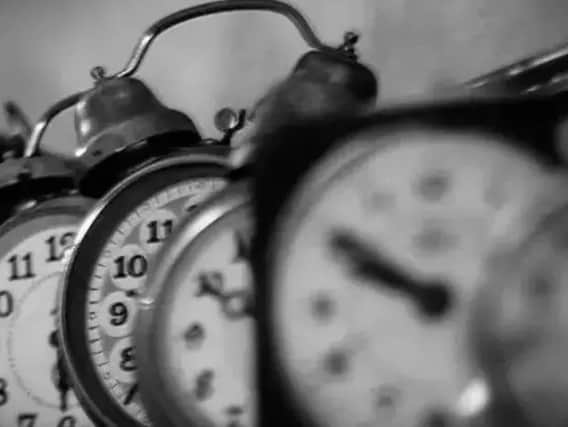Do you work extra for free when the clocks go back this weekend? This is what the law says


Although those who do not work at the weekend can simply enjoy an extra hour in bed, those who work shifts or night hours might be left wondering what happens to them for that extra hour.
According to advice by Peninsula Employment Law Director Alan Price, this is what you need to know.
Advertisement
Hide AdAdvertisement
Hide Ad"Firstly, you should check your staff contracts. If the employee’s contractual shift specifies they start at 12am and finish at 8am, this will mean that they have to work for nine hours instead of eight.
"However, if the contract outlines that they work for a period of eight hours from 12am, the employee will instead be able to finish at 7am. In this situation, you should consider asking the employee to work the extra hour as overtime.
"When examining how the clock change will effect contracted hours it is important to remember that all adult night-workers must not work more than an average of 8 hours in a 24-hour period.
"This average is usually calculated over 17 weeks but can be over a longer period of up to 52 weeks if the employer and their employees agree. An employer must therefore bear this in mind when deciding if members of staff will be required to work the extra hour.
Advertisement
Hide AdAdvertisement
Hide Ad"Generally, a contract that says the worker is entitled to hourly pay for every hour worked means they will be paid extra if they work an extra hour.
"However, salaried workers will receive their normal salary regardless if they work any extra hours, with any additional wages being paid through the overtime.
"It is important to remember that salaried workers all have the right to be paid the national minimum wage and it is illegal for them to not receive this. If they work this extra hour for no pay, their earnings may fall below minimum wage.
"For all employees scheduled to work on Sunday morning, they should be reminded that the clocks are going back an hour and encouraged to prepare for this. Employee lateness can be costly for a company and employers can consider disciplining any late worker if they believe it is necessary."
Why do the clocks go back?
Advertisement
Hide AdAdvertisement
Hide AdThe UK reverts to Greenwich Mean Time at 2am on Sunday, October 29.
That means that all clocks are turned back to 1am at that time - and that we should all be able to enjoy an extra hour in bed tomorrow morning.
One way of remembering when the clocks go back is to memorise the phrase 'spring forward, fall back'.
The clocks always go forward an hour on the last weekend in March in spring, and go back on the final weekend of October in autumn.
Advertisement
Hide AdAdvertisement
Hide AdThe origins of the clock changes come from the war - the change was proposed in order to make use of more of the daylight in winter and boost the war effort as a result.
Germany was actually the first to adopt the clock changes, in 1915, and the UK followed suit in order to avoid losing a tactical advantage to the Germans.
During WW2, British Double Summer Time was introduced, where clocks were kept two hours ahead of GMT in order to boost productivity.